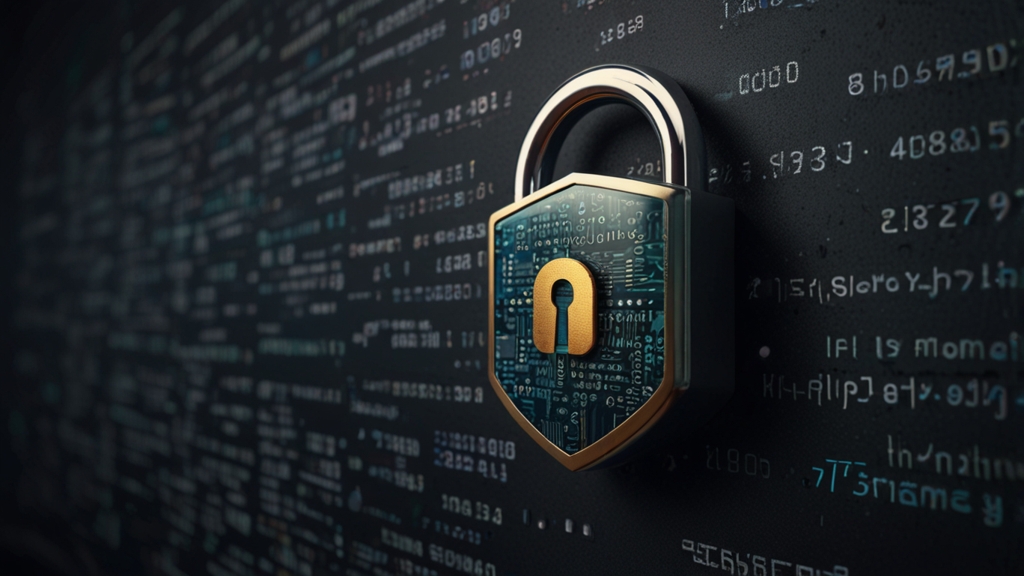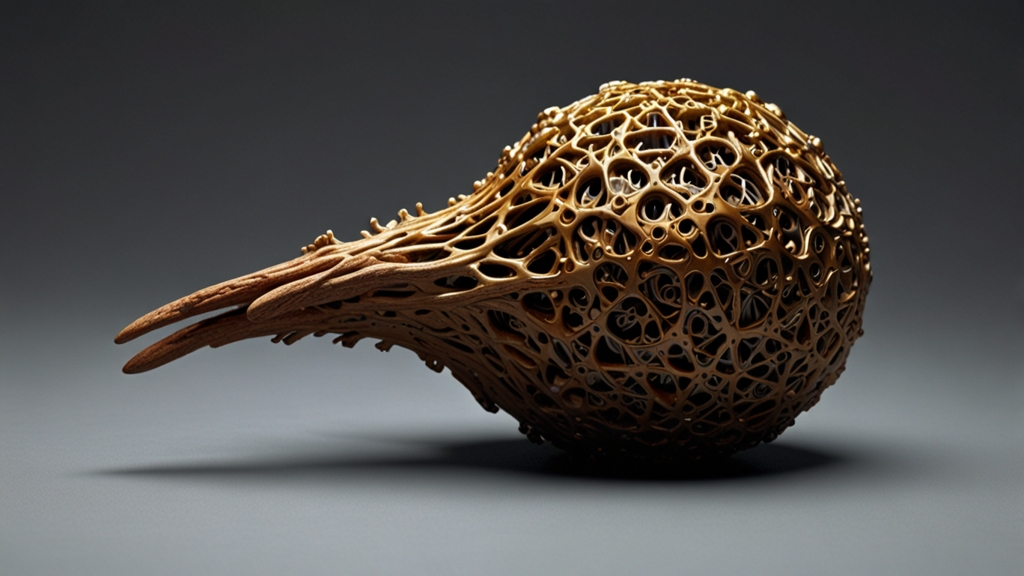The Top Study Tips You Didn't Know You Needed
In today's fast-paced world, studying efficiently can make all the difference in achieving academic success. If you think you have already mastered your study routine, think again. Here are some top study tips you didn't know you needed and how they can transform your approach to learning.
1. Embrace the Power of Short, Frequent Study Sessions
While long, marathon study sessions might seem productive, they are often counterproductive. Research shows that our brains work more efficiently with shorter, more frequent study sessions. This approach, known as “spaced repetition,” helps to improve memory retention and understanding over time. Try breaking your study material into 25-30 minute sessions with 5-minute breaks in between. Incorporating this technique can significantly enhance your focus and productivity.
2. Use the Feynman Technique
Named after physicist Richard Feynman, the Feynman Technique is a method of learning that involves teaching the material to someone else. By explaining the concept in simple terms, you can identify gaps in your understanding and solidify your knowledge. This technique can also reveal areas that need further review, making your study sessions more targeted and effective.
"The first principle is that you must not fool yourself and you are the easiest person to fool." - Richard Feynman
3. Create a Study Schedule and Stick to It
One of the most common pitfalls for students is the lack of a structured study plan. Creating a detailed study schedule helps to organize your time and tasks effectively. Ensure you allocate time for each subject based on its difficulty and your proficiency. Consistency is key, so try to study at the same time each day to establish a routine. Incorporate time for breaks, physical activity, and leisure to maintain a balanced lifestyle.
4. Utilize Various Learning Modalities
People learn best through different modalities, such as visual, auditory, reading/writing, and kinesthetic. It is crucial to identify your preferred learning style and adapt your study methods accordingly. For instance, visual learners can benefit from diagrams, charts, and videos, while auditory learners might find success with lectures and discussions. Mixing different modalities can also enhance your understanding and retention by providing multiple perspectives on the material.
5. Apply Active Learning Techniques
Passive learning, such as simply reading textbooks, can be less effective than active learning techniques. Engage with the material by asking questions, summarizing information, and solving problems. Techniques like self-quizzing, flashcards, and group discussions encourage active participation and help to deepen your comprehension.
6. Manage Your Environment
Your study environment plays a crucial role in your productivity. A clutter-free, quiet, and well-lit space can make a significant difference. Consider the following tips to optimize your study environment:
- Eliminate distractions: Turn off notifications on your devices and limit access to social media.
- Comfort is key: Ensure your chair and desk are comfortable to maintain good posture.
- Strategic lighting: Use adequate lighting to avoid eye strain.
- Ambient sound: Some students find background music or white noise helpful for concentration.
Conclusion
Studying effectively is more than just hitting the books; it’s about adopting techniques that enhance your learning experience. By incorporating these lesser-known study tips into your routine, you can maximize your productivity, retain information better, and achieve academic success. Remember, the goal is to study smarter, not harder.
"Success is not the result of spontaneous combustion. You must set yourself on fire." - Arnold H. Glasow











